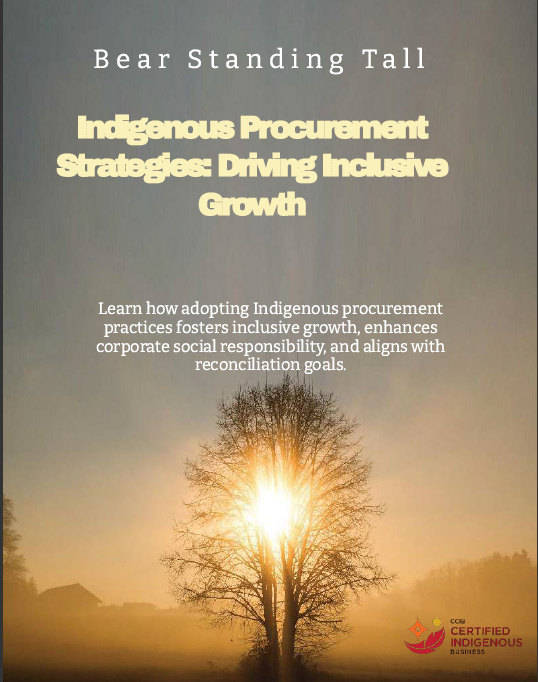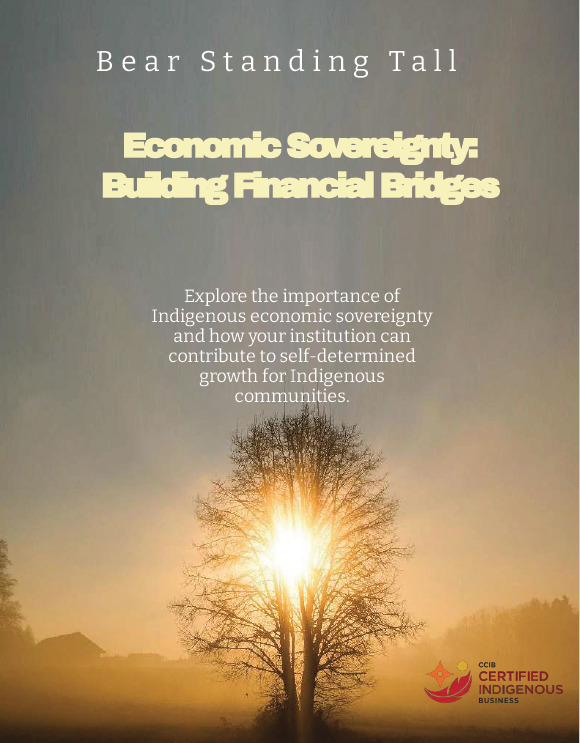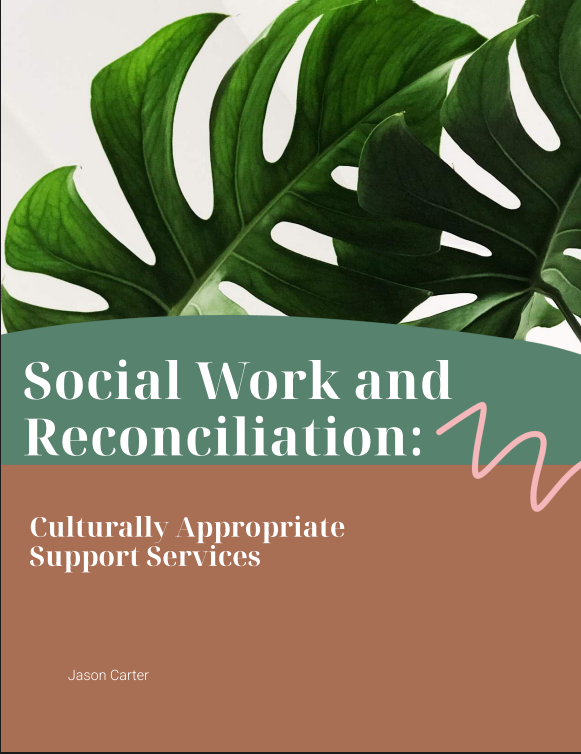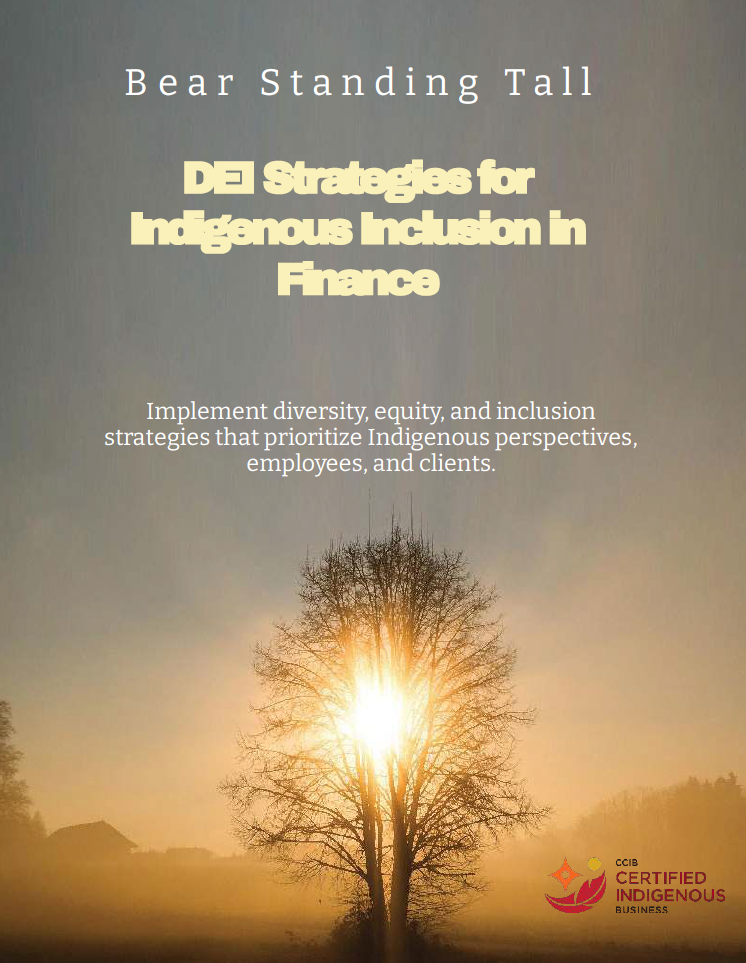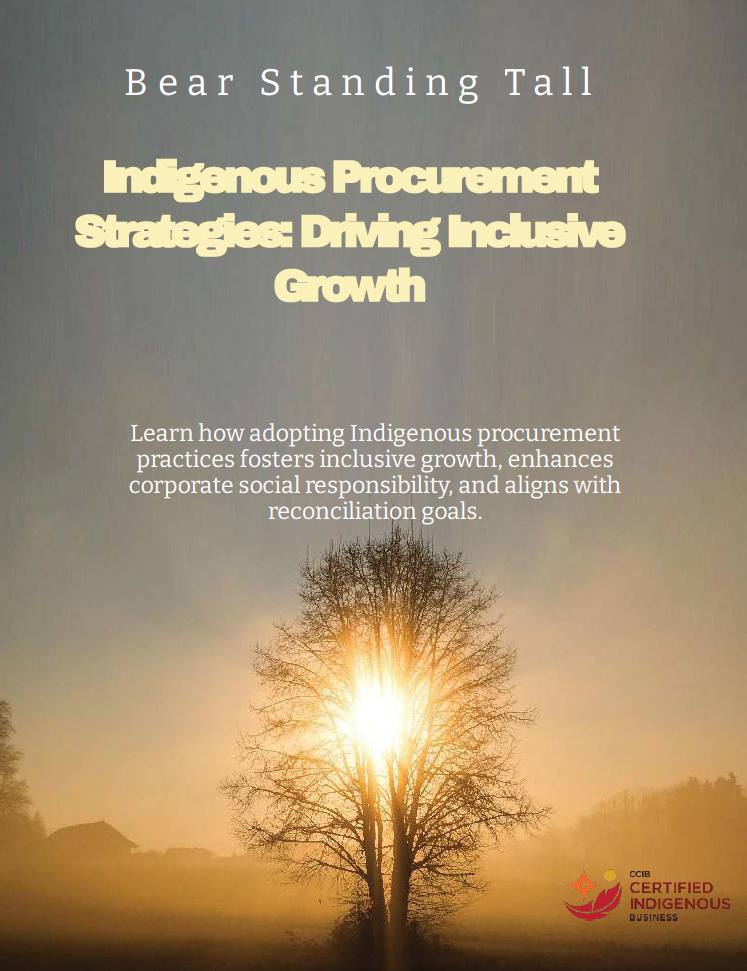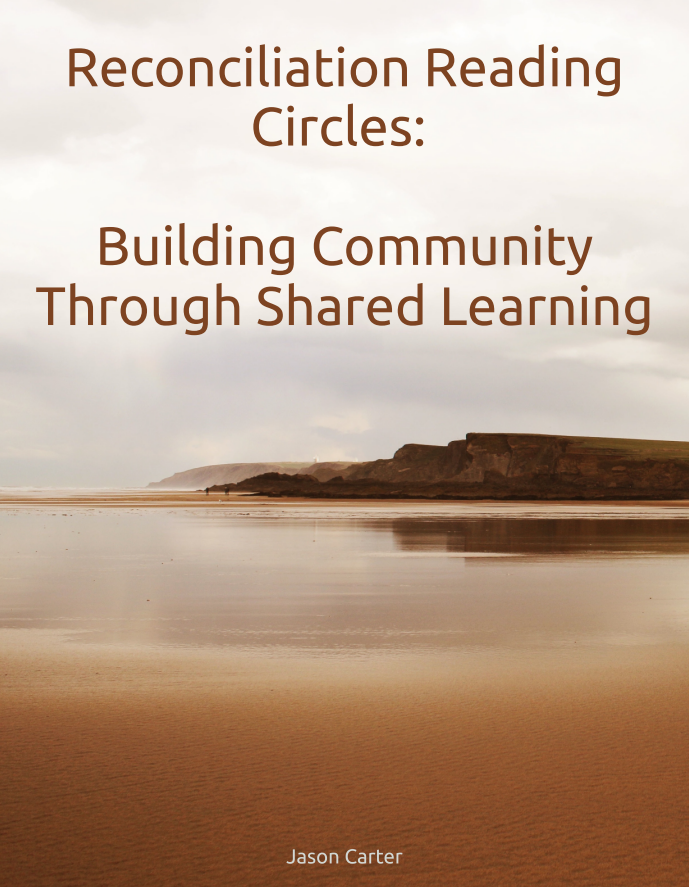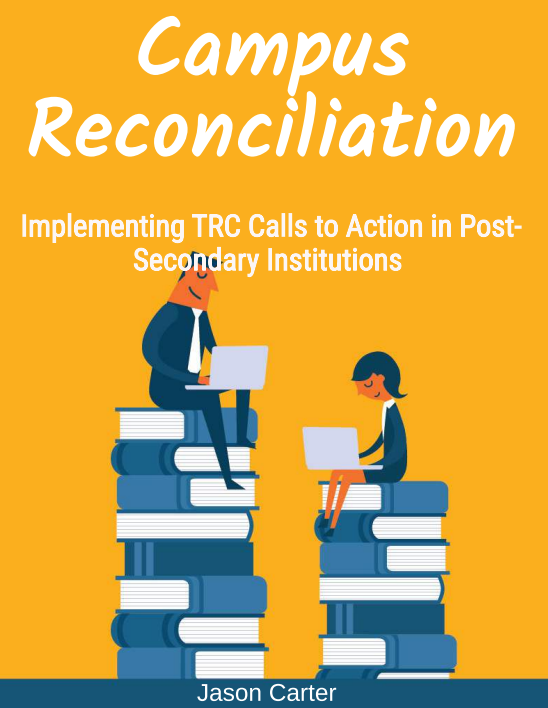
Campus Reconciliation: Implementing TRC Calls to Action in Post-Secondary Institutions
Campus Reconciliation: Implementing TRC Calls to Action in Post-Secondary Institutions
In Campus Reconciliation: Implementing TRC Calls to Action in Post-Secondary Institutions, Bear Standing Tall Inc. offers a groundbreaking educational resource designed specifically for Canada’s colleges and universities. Drawing from the 94 Calls to Action—particularly Calls #10 to #16 and those addressing education, healing, and justice—this eBook equips post-secondary institutions with tangible strategies to implement meaningful, lasting reconciliation initiatives grounded in accountability, partnership, and Indigenous self-determination.
Inside, readers will find a comprehensive and strategic framework that addresses the full scope of reconciliation on campus—from governance to student services, curriculum to community collaboration. Each chapter is written with a deep respect for Indigenous knowledges and an understanding of the intergenerational impact of residential schools, colonial education systems, and ongoing systemic barriers facing Indigenous students today.
What You'll Learn:
🔸 A Practical Framework for TRC Implementation:
Understand how to operationalize the TRC Calls to Action within academic structures and decision-making processes.
🔸 Curriculum Transformation:
Learn how to embed Indigenous knowledge systems, language programs, and anti-colonial content across disciplines—with guidance on co-creating content with Indigenous scholars and Nations.
🔸 Faculty Training & Accountability:
Discover best practices for equipping educators with the tools, confidence, and cultural safety skills required to teach Indigenous content meaningfully—not performatively.
🔸 Culturally Safe Mental Health Supports:
Build programs that reflect the spiritual, emotional, and community-based healing approaches rooted in Indigenous traditions.
🔸 Inclusive Leadership and Governance:
Explore strategies for increasing Indigenous representation in academic governance, senior administration, and Board leadership.
🔸 Community-Led Partnerships:
Redesign university-community relationships through authentic, long-term partnerships with Indigenous Nations that reflect mutual respect, benefit, and sovereignty.
🔸 Student Empowerment:
Support and elevate Indigenous student-led reconciliation initiatives, leadership development, and legacy projects that reshape campus culture.
🔸 Monitoring & Measuring Impact:
Access tools to evaluate, report, and refine reconciliation efforts institution-wide—with Indigenous communities at the table throughout the process.
Why This eBook Matters:
Higher education has a moral, ethical, and national responsibility to lead in reconciliation. With Indigenous enrolment increasing across Canada, and growing scrutiny from government, media, and accreditation bodies, post-secondary institutions must go beyond statements and ceremonies. They must embed reconciliation into every aspect of institutional life—and this eBook is the blueprint to help them do so.
Ideal For:
- University & college presidents, chancellors, and VPs
- Indigenous engagement and equity offices
- Academic councils and curriculum committees
- Mental health and student service departments
- Reconciliation action plan (RAP) development teams
- Provincial and federal education policymakers


